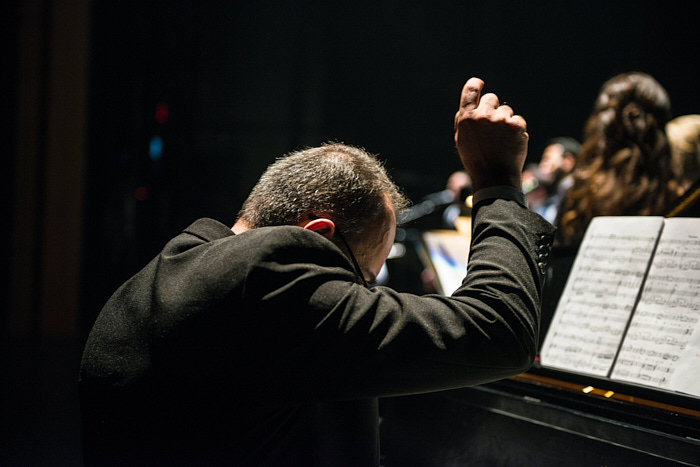The importance of trophies in the cultural events industry
Trophies play a significant role in the world of cultural events. They not only have historical significance but also serve as symbols and motivational tools. In today's cultural event industry, trophies play an important role in recognizing and appreciating artists and participants. Here are the key insights on trophies in the cultural event industry:
Historical Significance of Trophies
Trophies have always played a central role in recognizing achievements and successes. They serve not only as physical evidence of success but also as a source of inspiration for others. The historical significance of trophies dates back to the times of the ancient Olympic Games, where they were originally awarded as wreaths made of olive branches. This tradition has evolved and diversified over the centuries.
Trophies symbolize the recognition of excellence and are an essential part of the cultural event industry.
The way trophies have been designed and awarded throughout history reflects the cultural values and norms of each era. Here is a brief overview:
- Antiquity: Olive wreath as a symbol of victory
- Middle Ages: Weapons and armor as trophies
- Renaissance: Artistic cups and medals
- Modern Era: Diverse trophies in the form of statuettes, medals, and certificates
This evolution shows how trophies have transformed from simple symbols to complex artworks that reflect not only success but also the cultural achievements of society.

Need to recognize values in your company?
Check out our trophy catalog
Symbolic Significance of Trophies
Trophies are much more than just physical objects; they embody the recognition of achievement and success. They symbolize the appreciation and respect we have for the winners and their accomplishments. In the world of cultural events, they serve as visible signs of excellence and innovation.
- Honor and Prestige: Trophies give recipients a sense of honor and prestige.
- Tradition and Continuity: They connect the present with the past and contribute to creating a long-term tradition.
- Inspiration for Others: They motivate other participants to improve and strive for excellence.
Trophies in the cultural event industry are not only a sign of recognition but also a means of preserving and promoting cultural identity and heritage.
Trophies as Recognition and Motivation
Trophies serve not only as physical recognition for outstanding achievements but also as powerful motivational tools. They symbolize success and inspire both individuals and teams to perform at their best. In the world of cultural events, where competition is often intense, trophies can have a significant impact on participants' motivation.
- Individuals feel validated in their skills and performance through trophies.
- Teams are strengthened in their cohesion and shared goals by trophies.
- Organizations use trophies to highlight the quality and success of their events.
Trophies are not only signs of recognition but also important tools for promoting cultural diversity and creativity. They encourage participants to push boundaries and venture into new territories.
The proper design and awarding of trophies can therefore have a profound impact on the cultural event industry. It's not just about honoring the best, but also about creating an atmosphere of appreciation and striving for excellence. The importance of trophies in this sector should not be underestimated.
The Role of Trophies in Today's Cultural Event Industry
In today's world, trophies have taken on a central role in the cultural event industry. They serve not only as recognition for outstanding performances but also as an important marketing tool. By awarding trophies, organizers can generate attention and increase interest in their events.
Trophies symbolize success and excellence and help to strengthen the brand of an event.
The selection and design of trophies should therefore be carefully considered to achieve the desired effect. Here are some aspects to consider:
- Design and Material
- Uniqueness and Recognition Value
- Relevance to the Event and Its Message
The right trophy can create a long-lasting memory of success and recognition that goes beyond the moment of awarding. It is a tool that offers added value not only to the winners but also to the organizers themselves.
Conclusion
Overall, trophies play a significant role in the world of cultural events. They serve not only as recognition for outstanding performances but also as symbols of success and excellence for an artist or an event. Trophies create an atmosphere of competition and motivation that encourages artists to give their best. They are also an important marketing tool to attract attention and generate public interest.
Additionally, trophies enhance the prestige of cultural events and strengthen their reputation. Although some critics argue that trophies can diminish the artistic value of an event, the positive effects outweigh this concern. Trophies are an integral part of cultural events and will continue to play an important role in the future.
Need to recognize values in your company?
Check out our trophy catalog













